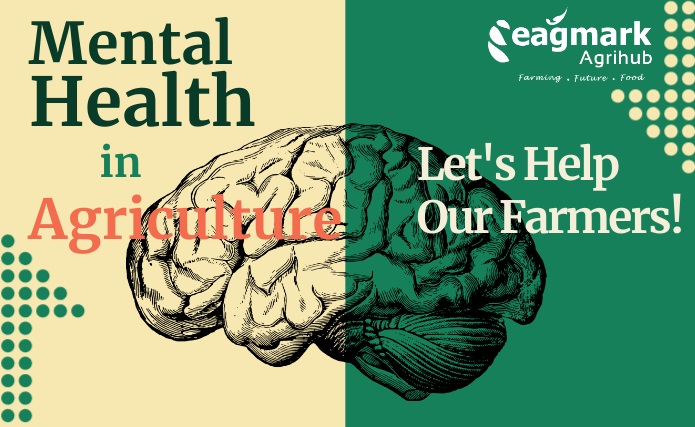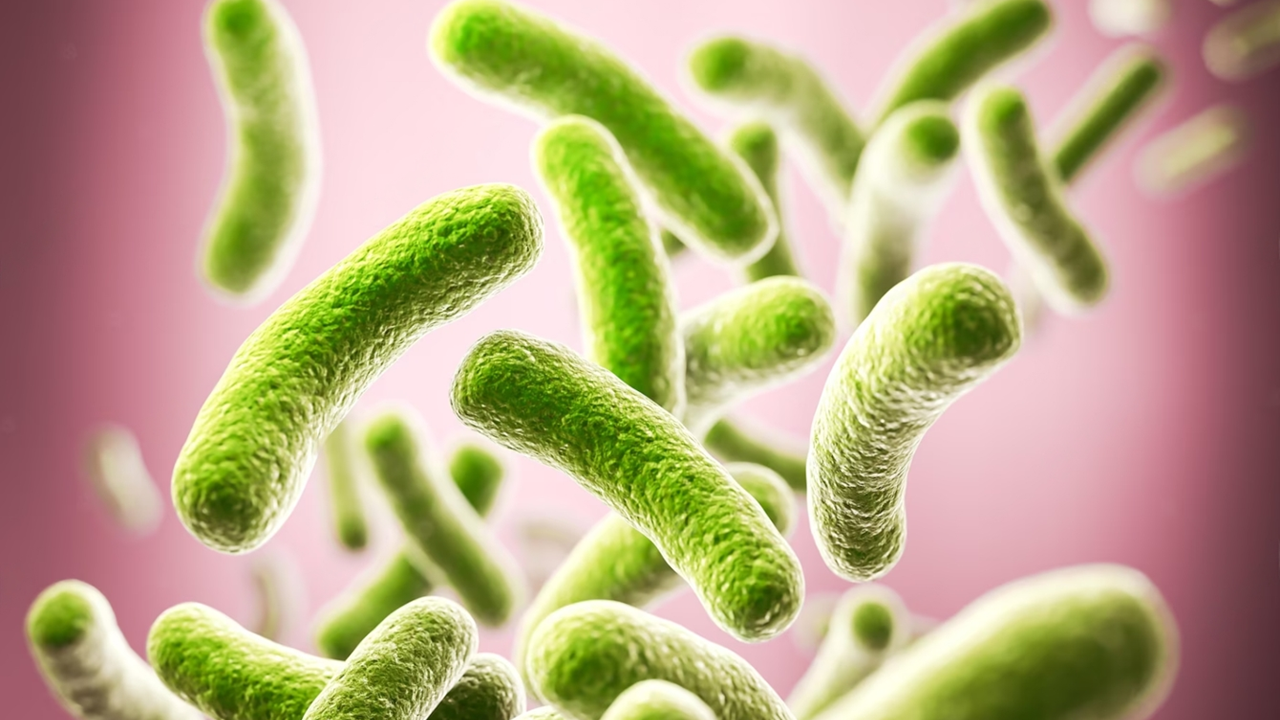
"Farmers need real support for their mental health. The stress, depression, and suicide risks are too serious to ignore."
Farming has changed dramatically over the past few decades. We've seen incredible advances in how we grow food and raise animals to feed billions of people worldwide. Technology has made certain aspects of farming easier and more productive in many places. But these improvements haven't solved everything—in fact, they've created new headaches. Farmers today are caught in an exhausting race to produce more, year after year.
The list of problems keeps growing: unpredictable weather and shifting climate patterns, markets that swing wildly, outbreaks of pests and diseases, slim profit margins, shrinking farmland as cities expand, and relentless demand for more food. Staying afloat has become harder than ever.
What often gets overlooked is the mental cost of this work. Beyond the back-breaking physical labor, farming wears on the mind. The men and women working these fields face pressures most people never see. They're dealing with serious mental health struggles—chronic stress, depression, and tragically, thoughts of suicide.
The weight on farmers' shoulders is enormous. Imagine working from dawn until well past dark, day after day. Add constant money worries and the reality that a bad season or market crash could wipe you out. That kind of pressure doesn't just disappear when you finally get to bed.
Then there's the loneliness. Many farmers spend their days working alone on vast properties or in areas far from towns. Weeks can pass without meaningful contact with others. That isolation makes everything worse, turning manageable problems into overwhelming ones.
Depression hits farmers hard. When someone is struggling and doesn't get help, it affects everything—their work, their relationships, their future. The signs are there: feeling sad most days, seeing no way forward, sleeping poorly, struggling to focus, losing interest in things that used to matter. These aren't just bad moods; they're barriers that can feel impossible to overcome.
The suicide statistics are devastating. Farmers consistently rank among the occupations with the highest suicide rates. The CDC has found that farmers face significantly greater risk of dying by suicide, driven by crushing debt, droughts, and other relentless pressures. In Australia, farmers die by suicide at rates nearly 60 percent higher than the general population. In India, roughly 28 people connected to farming take their own lives every single day.
These numbers represent real people—someone's parent, partner, neighbor, friend. This isn't acceptable, and it demands action.
What can actually help? First, farmers need accessible mental health care. Counseling and therapy can't be something available only in distant cities or behind bureaucratic hurdles. Support groups where farmers can talk with others who understand their reality can make a real difference. Having a space to share what you're going through, to realize you're not alone—that matters.
Financial and legal help also matters enormously. When you're drowning in debt or tangled in regulations, having someone in your corner can ease that burden.
Agricultural organizations and employers have real power here. They can create environments where talking about mental health isn't taboo. They can acknowledge what farmers actually face and provide meaningful support, not just lip service.
Organizations like Eagmark Agri-Hub are working to change the conversation through programs like their Agricultural Health and Medicine Course and articles that shine a light on these issues. The goal is simple: break down the stigma and make mental health a priority for everyone in agriculture.
The farming sector has to face this head-on. We need to recognize that stress, depression, and suicide are part of the reality many farmers live with. But recognition alone isn't enough—we need action. Real support systems. Genuine community. A commitment to ensuring that the people who feed us can also take care of themselves.
Farmers deserve better. They deserve to thrive not just as producers, but as people. That's the future we need to build.
